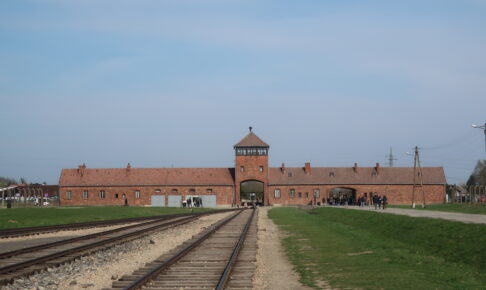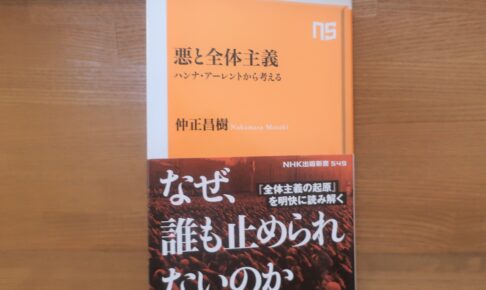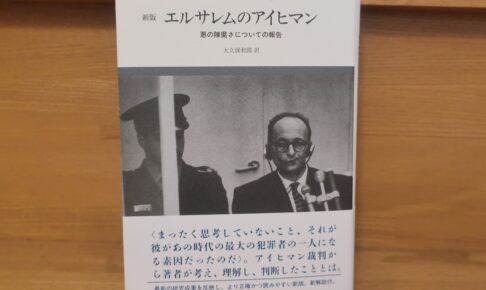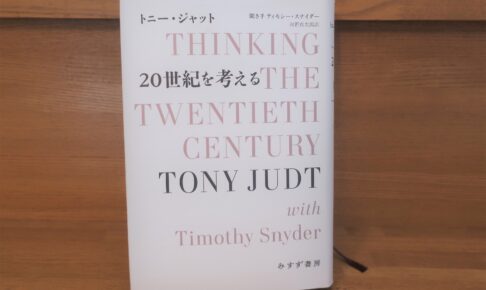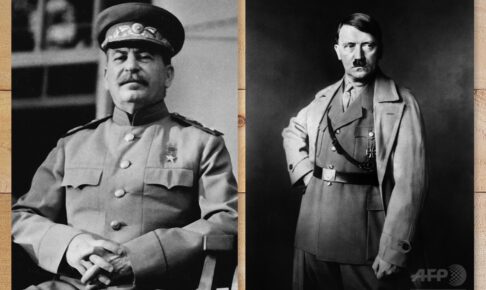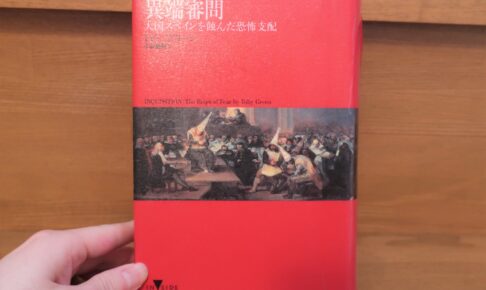R. Vanagaitė, E. Zuroff, "Compatriots Lithuanian Holocaust: The Hidden History" - A shocking book that makes you think about historical revisionism.
About 200,000 Jews in Lithuania, 90%-95% of whom died in the Holocaust...
These are shocking numbers...
This book will be a sharp scalpel on why such a Holocaust in Lithuania happened, what the mechanism was, and the current state of the history of the country.
This work, a book about Lithuanian complicity in the Holocaust, caused great controversy among the Lithuanian public.
The work also provides a very serious insight into what historical revisionism is.












